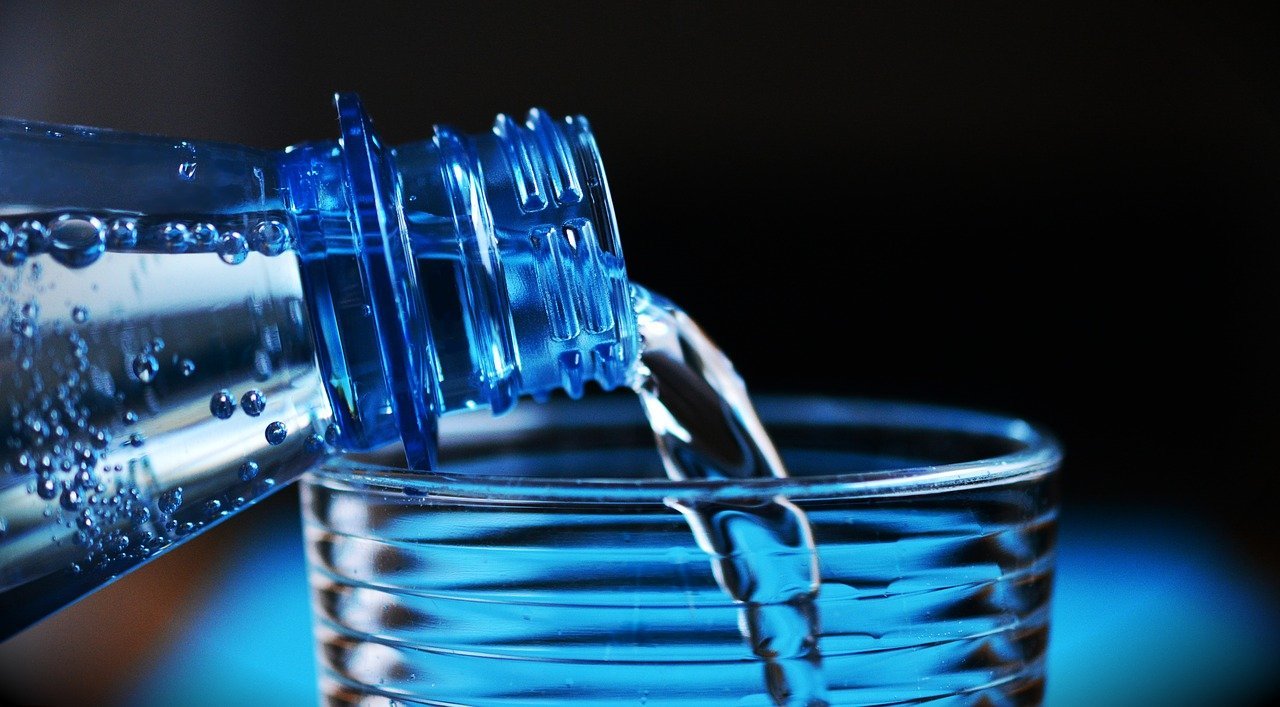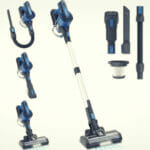We all know how important clean water is for our health. We need it to keep hydrated, prepare our food, and maintain proper personal hygiene. Nowadays, most people have access to water treated with chlorine, which can still contain contaminants. Just because water passes through a water treatment plant, it doesn’t mean it becomes pure.
Q1 2021 hedge fund letters, conferences and more
The standards for purity are relatively lenient. There's always a balance between health risks and costs. Regulations only extend to contaminants that are very dangerous and can make you sick quickly. Even so, tap water remains the most extensively analyzed and controlled source of water in the United States.
The Environmental Working Group reviewed the results from around 20 million tests on drinking water from around 50,000 community water systems around the country. These tests were gathered over the course of four years and show that tap water meets EPA (Environmental Protection Agency) standards in 92% of tests.
The tests did, however, find 316 contaminants, over half of which are unregulated, such as radioactive particles and pharmaceutical residues. One hundred thirty of these contaminants were in concentrations higher than recommended in official health guidelines.
And contaminants can still be picked up after the water exits the treatment plant and makes its way to our homes.
The Benefits Of A Water Filtration System
Purchasing a water filtration system for your home would ensure that you have access to a consistent supply of healthy, clean water. There are many advanced options on the market, but the following three are the most popular:
- Activated carbon-based systems are the most common and cost-effective. They're normally mounted underneath the sink. Once they're installed, all you have to do is replace the filter cartridges as needed. They can remove parasites, heavy metals, and other hazardous chemicals from the water you drink and use to prepare food.
- Cation exchange systems – also known as exchange filters or water softeners - work by attracting harmful negatively charged ions like barium or calcium through positively charged ions. Long-term exposure to barium is harmful to your health, while calcium and magnesium change the taste of water and damage your home's plumbing.
- Reverse osmosis systems - These systems operate by forcing water through a semi-permeable membrane that collects contaminants in five to seven stages. They're very efficient but can be expensive. Another disadvantage is that they also remove most of the beneficial minerals in the water, so you'll want to look into products that replace those minerals. The newer reverse osmosis systems add the minerals back in.
There are currently quite a few options on the market. You can also buy refrigerators equipped with water filters or buy the water filter separately and install it yourself. Then are also pitchers with replaceable filters.
To choose the right one you'll first want to check the water quality in your region. Your water utility is required by law to publish an annual water quality report. You probably received one through the mail, but you can also find it in digital form on the utility's official website, usually under the name of "Consumer Confidence Report," "Drinking Water Quality," or "Water Quality Report."
This will help you determine what kind of filter you need. Once you've chosen the type, you can select a specific model by reading online reviews.
-
Better Quality Drinking Water
As we mentioned before, tap water can still contain contaminants even though it's purified in a water treatment facility. You also have to consider added chemicals like chlorine and fluoride. Having a water filtration system in your home gives you more control over your drinking water and improves its quality as well as its taste.
The quality of your tap water depends on where you live. In some areas, tests have detected hazardous contaminants like lead, mercury, herbicides, and pesticides. You may believe that drinking only bottled water takes care of this problem. Unfortunately, our confidence in the purity of bottled water is highly misguided.
The legal quality standards for bottled water are the same as for tap water. Furthermore, the Environmental Working Group also conducted research on bottled water and found 38 contaminants in ten of the most popular brands. This included disinfection byproducts, fertilizer residue, and industrial chemicals. Let's not forget that there have also been instances where companies selling bottled water had to recall their products because of various forms of contamination, such as contamination with E.coli.
A water filtration system is a more dependable, cost-effective, and practical way to ensure you have access to safe and clean water.
-
Better for the Environment
If you buy large quantities of bottled water, you have to consider that all the plastic used to make those bottles has to be disposed of in some way. Approximately 50 million bottles of water are sold every year in the U.S. alone, and only a fifth of them get recycled.
The ones that do get recycled are actually downcycled. Plastic doesn't maintain its quality through an indefinite number of cycles. Whatever plastic products are made using this recycled plastic will still eventually end up in landfills.
And plastic, as you probably know, is not biodegradable. It may disintegrate in a few decades to a few centuries, but it will never decompose. It will only break down in pieces so small you can't see them anymore, but they're everywhere. They're in our food, our soil, and they make their way back into our water supply.
Although we may have more recycling facilities nowadays, the better approach is still to limit the amount of plastic we use.
-
Better for Your Skin
Certain chemicals found in water, including chlorine, can worsen skin conditions like eczema or psoriasis. The skin is the body's largest organ, and it can absorb up to 60% of what we apply on it. This can include both ingredients in skincare products and chemicals in the water we use to wash, which becomes particularly problematic for kids since they have a lower level of tolerance.
The water we get from our taps is purified using a disinfectant called chlorines that kills bacteria and viruses by breaking the chemical bonds in the molecules. The purpose is to prevent the spread of waterborne diseases.
However, chlorine can become toxic after a certain level, so the quantity added to the water is regulated by the Environmental Protection Agency. But, as we discussed earlier in this article, there's always a balance between health risks and costs.
Volatile Organic Chemicals (VOCs) such as trihalomethanes are formed when chlorine reacts with organic matter. They are impossible to avoid in the public water systems and have been linked to health problems. Most of the exposure to water contaminants comes from showering and bathing through skin absorption.













